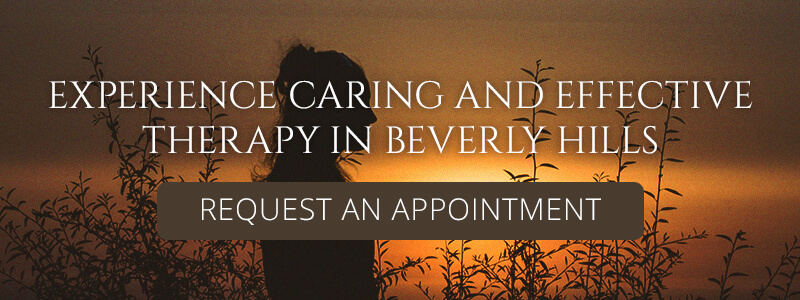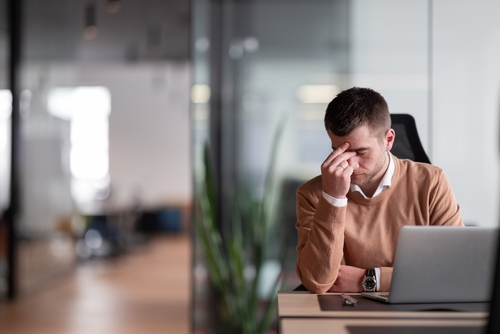Recovery from alcohol addiction is a complicated and lifelong process. Even after someone has stopped using alcohol for some time, they may still experience intense urges to drink — and these urges are often linked to triggers. Triggers develop because the brain forms connections between alcohol use and certain activities, emotions, or routines. When exposed to these catalysts, it can become particularly difficult for someone to resist a relapse.
To stay resolute in your sobriety, it’s important to first understand what might cause you to relapse and then create a plan on how to cope with or avoid these triggers altogether. Keep reading, and if you’re looking for an addiction psychologist in Los Angeles, Blair Wellness Group can help.
Types of Triggers
Triggers can be placed into one of two categories — internal and external. External triggers are usually associated with people, places, or certain activities. Internal triggers, on the other hand, are tied to emotions. People may turn to alcohol in times of difficulty and sadness, but they can also engage when they’re happy, excited, or have something to celebrate.
Tips for Avoiding Triggers
Although you may sometimes feel as though you have no control over your urges, you do have more control than you may think when it comes to avoiding high-risk situations or managing the emotions that influence those urges.
For those where drinking is associated with certain people, events, or social situations, it’s best to avoid anything or anyone that could put your recovery at risk. This is especially important when you’ve only been in recovery for a short time. If your addiction is tied to your emotions, it may be more difficult to avoid your triggers because as life happens and feelings emerge, you’ll be challenged to maintain your sobriety.
In these instances, since you know that you’ll be faced with emotional triggers at some point, it’s helpful to be prepared with a strategy that will enable you to handle your urges when they occur. This strategy will be different for everyone but may include things like building a support network, distracting yourself with another activity that brings you joy, practicing meditation, or reaching out to a psychologist you can trust.
Treatment for Addiction in Beverly Hills, Irvine, and Newport Beach
If you’re struggling with finding the best way to avoid triggers and continue along your path to recovery, finding a compassionate and experienced psychologist is a necessity. At Blair Wellness Group, we provide individualized care for each one of our patients by utilizing a comprehensive treatment approach consisting of Psychoanalysis, Dialectical Behavioral Treatment (DBT), Cognitive-Behavioral Treatment (CBT), and more. We tailor our private sessions to the needs of the client using the treatment modality that is best suited for their needs. In addition to utilizing various forms of psychotherapy, we also employ meditation as a mindfulness practice which teaches clients how to reduce their anxiety, increase focus, and build resiliency that will help them avoid giving into triggers.
If you’re looking for an addiction psychologist in Los Angeles and are interested to learn more about how Blair Wellness Group can help, please contact us at 310.999.4996 to schedule an appointment.
Dr. Cassidy Blair is a renowned Licensed Clinical Psychologist and trusted Performance Coach who specializes in providing Concierge-Psychological Care and Executive Coaching for high-achieving professionals. With a deep understanding of the unique challenges faced by CEOs, executives, entrepreneurs, and leaders, Dr. Blair offers tailored, confidential care designed to foster emotional well-being, personal growth, and professional excellence. Her clientele values her discretion, clinical expertise, and emotionally intelligent approach to navigating complex personal and professional dynamics.
- This author does not have any more posts.









